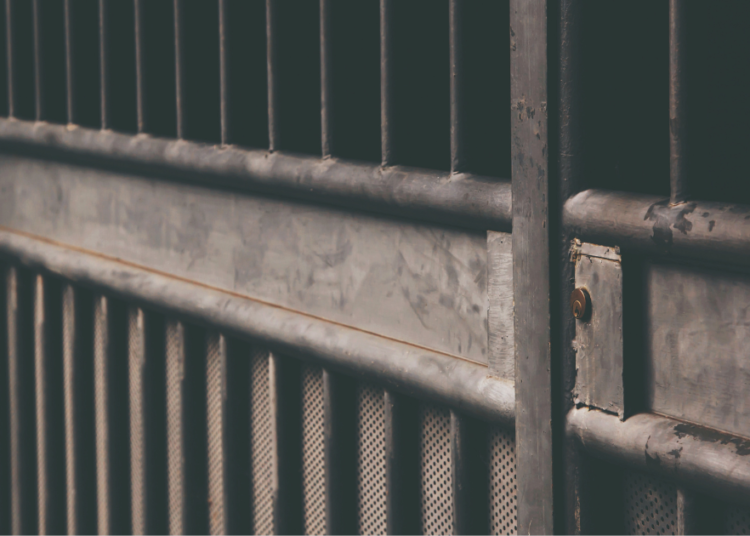
Rape is considered an impact crime. An impact crime is one which is committed not just against the person for who she is but also because of her community identity; in this case a community of women, a community of minorities. The crime impacts the community as a whole.
Impact crimes have always stood on a different footing compared to crimes motivated by disputes such as property disputes, commercial disputes or even straightforward murder. In assessing the gravity of the crime, these factors are taken into consideration while sentencing, and surely must be taken into consideration at the stage of remission.
On what yardstick is the remission granted to the persons who gang raped Bilkis Bano and killed her relatives, including her three-year-old daughter, to be judged? What is the context in which the crime occurred? Without an answer to this question, it will be difficult to arrive at any conclusion whether the grant of remission was justified or not.
Much has been written and said about the legal aspects of the matter.
Also read: Outrage over the premature release of Bilkis Bano convicts
Infirmities in Supreme Court’s judgment in May
On May 13 this year, a two-judge bench of the Supreme Court delivered a judgment that ignored the binding precedent by a five-judge Constitution bench of the Supreme Court in Union of India versus V. Sriharan @ Murugan & Ors. (2015), according to which the test to find the appropriate government permitted to grand remission under Sections 432 and 433 of the Criminal Procedure Code is to locate the state in which the accused was convicted and sentenced, and the government of that state would be the appropriate government. The division bench relied upon an irrelevant order of the Bombay High Court from 2013 dealing with the transfer of one of the convicts in the Bilkis Bano case from a jail in Maharashtra to a jail in Gujarat. Hence, the May 13 judgment holding that the Gujarat government was the appropriate government to consider the remission, is liable to be declared per incuriam.
It is sad that today, the apologists of the remission are relying on the judgment of the Supreme Court passed on May 13 this year rather than the statutory law. The Supreme Court merely sent the matter to the government to decide on the application of remission. “To decide” implies a decision in accordance with the law. Before one gets lost in the legalese and the notorious loopholes which threaten to swallow the very law they proclaim, let us remember that this is above all a moral issue. An immoral decision cannot get the support of the law.
What is even more surprising is the fact that the petitioner in the Supreme Court matter had earlier approached the High Court of Gujarat, and the high court had correctly held that the appropriate government to grant remission was the Maharashtra government. When his petition was filed in the Supreme Court, the Gujarat High Court order, passed in 2019, remained unchallenged, yet it has been set aside by the Supreme Court through its judgment dated May 13.
Once again, to say the least, this is in complete violation of the principle laid down by a nine-judge Constitution bench of the Supreme Court in Naresh Shridhar Mirajkar & Ors. versus State Of Maharashtra & Anr. (1966), to the effect that a judicial order cannot be challenged under Article 32 of the Constitution.




